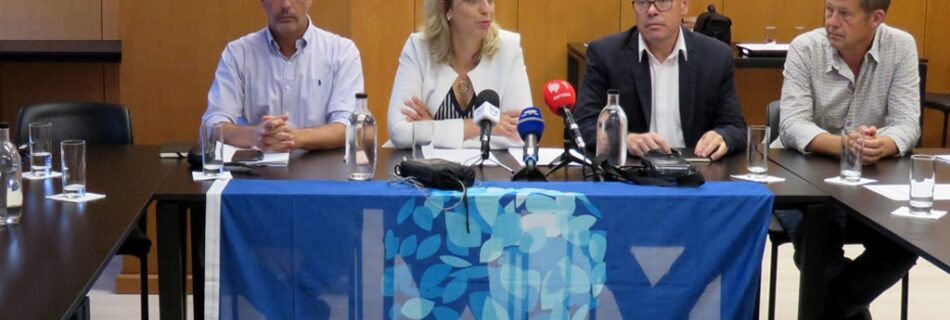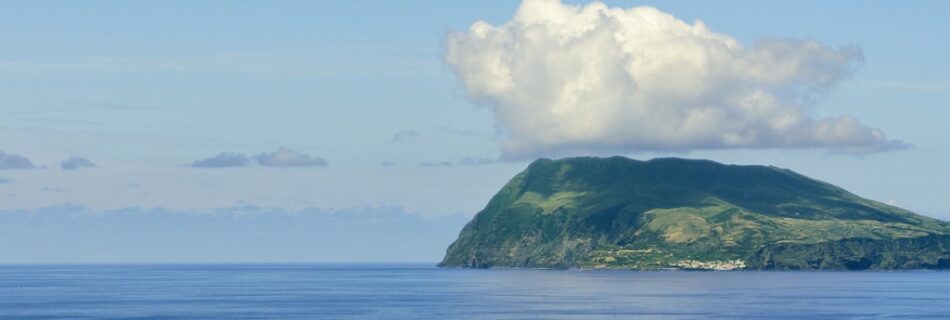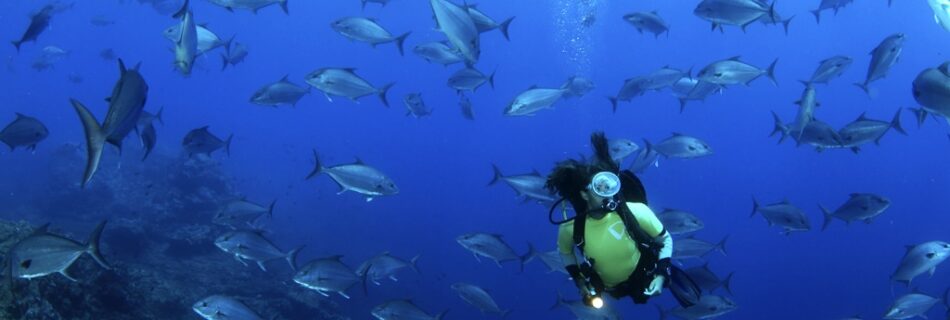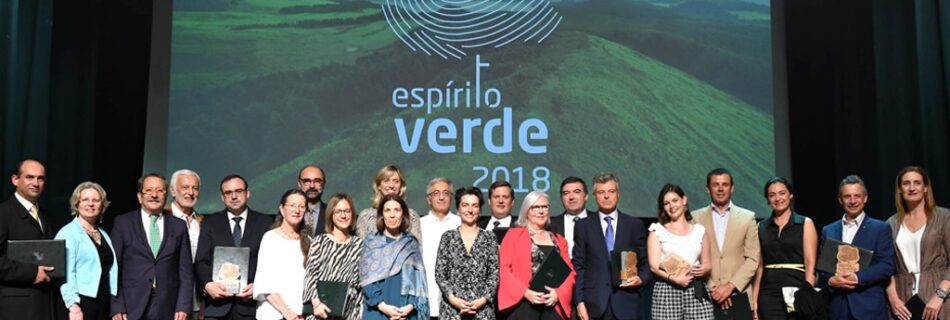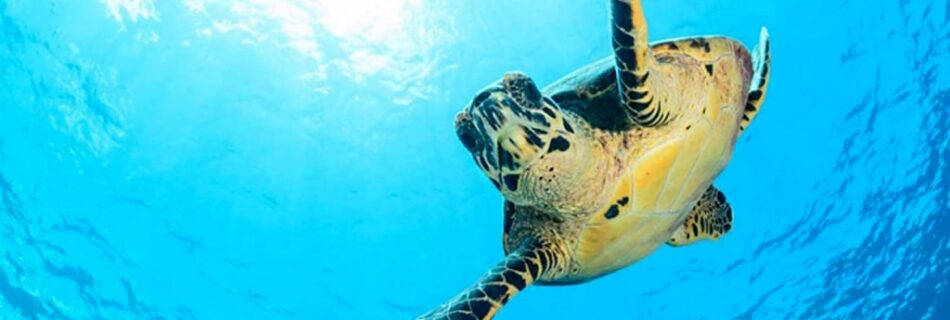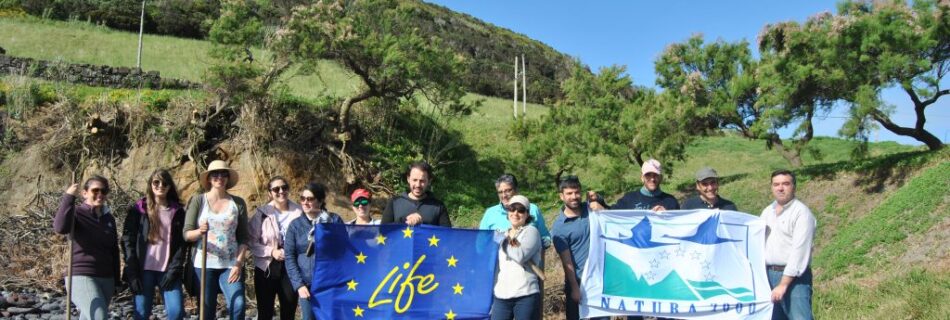Azores with bronze status in EarthCheck tourist destination certification process
The Regional Secretary of Energy, Environment and Tourism said today in Ponta Delgada that the Azores “already have the bronze status ‘Benchmarked’ of EarthCheck”, as a certifying entity for sustainable tourist destinations. “This is something we are very proud of because it reveals the first external recognition of a commitment that we work hard, with all entities, companies and people, positioning ourselves closer and closer to achieving the destination certification”, said Marta Guerreiro, who spoke at the opening of the ‘Green Team’ on the island of São Miguel. For the official, “this bronze seal is not a mere distinction, it is a small big step and shows the progress we have been taking and the current position of the Region compared to the rest of the world’s most sustainable destinations.” Thus, pointed out Marta Guerreiro, the Azores become the reference destination with “the highest percentage of habitat conservation area, with the highest percentage of green area, with the lowest percentage of thefts and robberies, where the waste indicators sent to landfill per person are lower than the average of this exclusive core of destinations and where the indicators of drinking, bathing and inland water quality are practically the maximum among all destinations ”. “This seal and these data prove that it is possible to make the Azores a region where sustainable development is an example worldwide, thus reinforcing the positioning of our destiny in these themes so emerging today,” he said. The tourism portfolio holder assured that the Government of the Azores is committed “in the next phase – the certification phase – which will take place through an audit based on the implementation of the destination’s sustainability policy”, with the intention of this year that the Region attains the certification of sustainable tourist destination. According to the Regional Secretary, this is “a commitment that we believe belongs to everyone, where we can make the difference between who will be in the past and who will have a leading role in building a better future in the Azores”. At the time, the ruler highlighted some stages of the certification process, including the creation of the destination coordinator, the development of a sustainability policy and the comparative assessment of environmental, cultural, social and economic sustainability performance, in addition to several projects, with emphasis on for the Azores Sustainability Charter, which has about 80 subscribers and over 300 public objectives, and for the ‘Green Teams’, as forums for monitoring the sustainability of the Azores tourist destination. “In practical terms, work has been done based on the fact that ‘you can only manage well, what you can measure’, so we have compiled the indicators needed to achieve a set of sustainability outcomes in areas such as energy, emissions study gases, water management, ecosystem conservation, transport, waste and cultural, social and economic management, ”he said, allowing for the status achieved this week.
